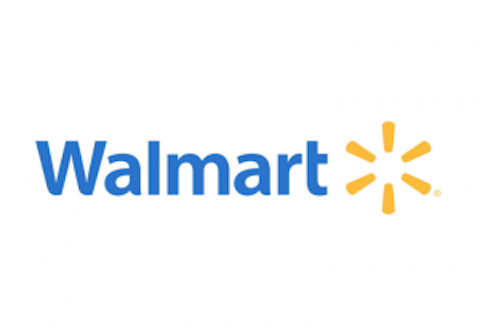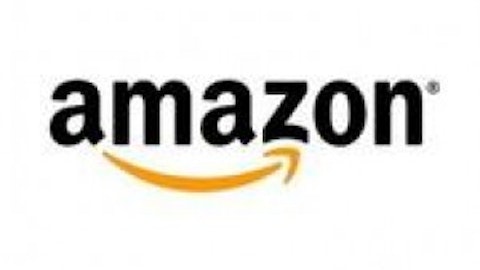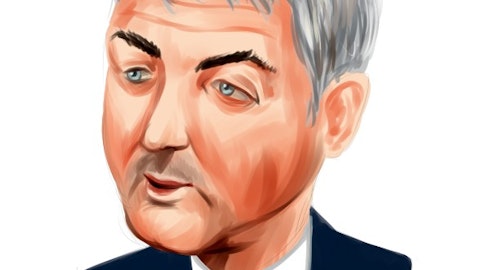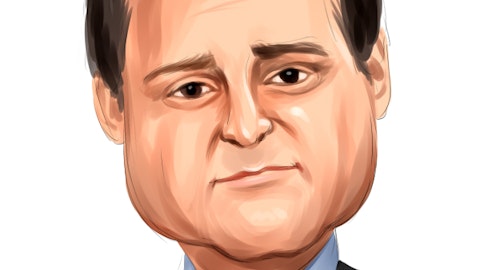
Let’s first look at the triple whammy of worry brewing for consumers these days. Then we’ll uncover the big opportunity this presents for investors and why.
Trifecta of terror
There exist three troubling signs regarding consumer spending these days:
1. Deteriorating consumer sentiment. A recent Reuters/University of Michigan survey revealed an unexpected deterioration in consumer sentiment, with the index at its lowest since December 2011.
2. Revised spending plans. A National Retail Federation survey recently found that seven out of 10 Americans were adjusting their spending plans to cope with this year’s payroll tax changes.
3. Increased coupon clipping. CEO Steven Boal of Coupons.com recently told CNBC that consumers are clipping coupons at a frantic pace not seen since before the Great Recession. The website tracks how often people view and print coupons, and its “Internet Coupon Index” indicated an sharp increase in demand for coupon offers.
These events — in addition to higher gas prices and the delay in tax refunds — are leading to a cornucopia of consumer despair, which may slow growth for companies that rely heavily on our spending. In fact, the National Retail Federation poll uncovered that one-third of consumers will reduce how much they dine out, and one in four Americans plans to spend less on small treats, like visits to coffee shops.
Changing tides
According to Coupons.com, the most popular types of coupons comparison shoppers are redeeming right now are for food items, specifically cheese and pasta. Last year, Kraft Foods Group Inc (NASDAQ:KRFT) — maker of Velveeta cheese, Oscar Mayer cold cuts, and Kraft macaroni and cheese — refused to budge on pricing in response to aggressive price cuts by competitors. That hard line led to a loss of market share for Kraft, a decline in fourth-quarter revenues, lowered sales forecasts, and revamped marketing strategies. I’m betting Kraft won’t make that same mistake this time around.
In addition to comparison-shopping, people also seek comfort when they’re cutting back financially. And buying small items — like personal-care and beauty items — make them feel better. In fact, the website data acknowledged that coupons for The Procter & Gamble Company (NYSE:PG)‘s Pantene and Vidal Sassoon are trending. Consumers might cut back on expensive hair treatments at spendy salons, but they’re still interested in treating themselves to a little luxury.
Cutbacks to dining out are already hitting several restaurant chains. For example, Darden Restaurants, Inc. (NYSE:DRI) recently reported lower traffic in their Olive Garden, Red Lobster, and LongHorn Steakhouse restaurants. Even though Darden Restaurants, Inc. (NYSE:DRI) expects total sales growth for the year to fall between 6% and 7%, fiscal third-quarter traffic at all three dining venues are expected to be 4.5% lower than the same period last year.
Also, Wal-Mart Stores, Inc. (NYSE:WMT)‘s most recent earnings announcement acknowledged that sales have dropped precipitously in February. In anticipation of another trade-down trend, Wal-Mart is lining store shelves with less expensive goods. The retailing giant is trying to prevent consumers from turning to deep-discount retailers like Dollar Tree, Inc. (NASDAQ:DLTR), as customers did in the wake of the financial downturn.
On the bright side
But great investors thrive in times like this. Warren Buffett is “greedy while others are fearful.” And Sir John Templeton advised “buying on pessimism.” The troubling signs we’re seeing today embody dread. But when contrarian investors sniff despair, they know it’s time to buy. Need further proof? Since the March 2009 doldrums, the Dow Jones Industrial Average has nearly doubled.
And consumer-goods companies — like those I’ve mentioned here — boast an even bigger advantage in tough economic times: People still need to brush their teeth and feed their bellies. Folks can delay buying a car or taking a vacation for a couple of years. The same can’t be said for avoiding that heaping pile of dirty clothes in your hamper.
Even better, many of these companies trade at relatively enticing valuations today. Both Wal-Mart Stores, Inc. (NYSE:WMT) and Darden Restaurants enjoy forward price-to-earnings ratios of 12. Dollar Tree possesses a forward P/E of 15, and both Kraft and P&G trade at 17. Meanwhile, the P/E ratio of the S&P 500 currently trades close to 17. And, with the exception of Dollar Tree (which does not pay its shareholders a dividend), these companies pay exceptional dividends.
Foolish bottom line
Long-term investors know that dips and bumps are part of the long road to portfolio riches. So don’t let temporary events change your perspective and turn you into a shortsighted investor. Truth be told, the most troubling events create the best buying opportunities for investors.
The article 3 Troubling Signs Point to 1 Big Opportunity originally appeared on Fool.com and is written by Nicole Seghetti.
Fool contributor Nicole Seghetti owns shares of Wal-Mart and Procter & Gamble. Follow her on Twitter: @NicoleSeghetti. The Motley Fool recommends Procter & Gamble and owns shares of Darden Restaurants.
Copyright © 1995 – 2013 The Motley Fool, LLC. All rights reserved. The Motley Fool has a disclosure policy.





